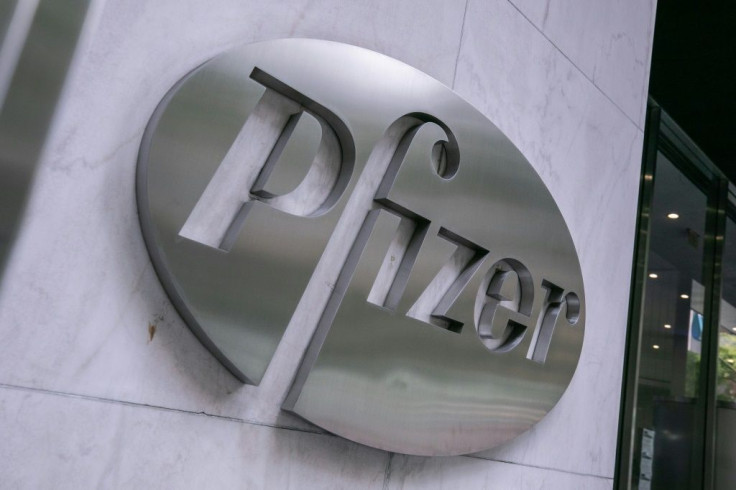Pfizer COVID Vaccine: Answers To The 4 Biggest Questions
After weeks of mounting coronavirus cases and hospitalizations, there was positive news Monday, when an interim analysis found Pfizer’s vaccine candidate was more than 90% effective in preventing COVID-19.
“Today is a great day for science and humanity,” said Pfizer CEO Albert Bourla.
With so much still unknown here are some answers to the big questions.
When will the vaccine be ready?
Despite the encouraging data, the vaccine will not be available right away.
Even after authorization, the number of initial doses will be limited and will go first to high-risk groups like health care workers and the elderly. Many experts expect the first doses could be given before the end of the year, but that much of the general public will not be vaccinated until sometime several months into 2021.
Pfizer claims that it can produce up to 50 million vaccine doses globally in 2020 and up to 1.3 billion doses in 2021.
How safe is the vaccine?
More than 43,000 participants were involved in Pfizer's stage three vaccine trial, and there were no major safety concerns reported. Pfizer stated Monday it could be reviewed by the Food and Drug Administration for emergency-use authorization by the end of November, but stressed that data was still being collected.
“It’s important to note that we cannot apply for FDA Emergency Use Authorization based on these efficacy results alone,” its statement read.
“More data on safety is also needed, and we are continuing to accumulate that safety data as part of our ongoing clinical study.”
“Once they approve it... I know that it is safe for my family,” Bourla said.
Bourla told CNBC’s “Squawk Box” on Monday that he’d like to be among the first in line to receive the vaccination. However, Bourla also understands why individuals may be hesitant to receive the vaccine.
“If we have a limited number of doses, I’m not sure if people would recommend people of my age (58) ... or work capacity to be among the first to get a vaccine,” he told CNBC. “So, I want to respect that.”
Does the vaccine work?
In a press release, Pfizer said an early analysis of the results showed that individuals who received two injections of the vaccine three weeks apart experienced more than 90% fewer cases of COVID-19 than those who received a placebo.
However, the Phase 3 study is ongoing and additional data could affect results.
The Food and Drug Administration had set a minimum of 50% effectiveness for a coronavirus vaccine to be approved.
Who gets the vaccine first?
Those with a higher risk for infection and who are more vulnerable to the virus are likely to get the vaccine first, the New York Times reported.

© Copyright IBTimes 2025. All rights reserved.





















